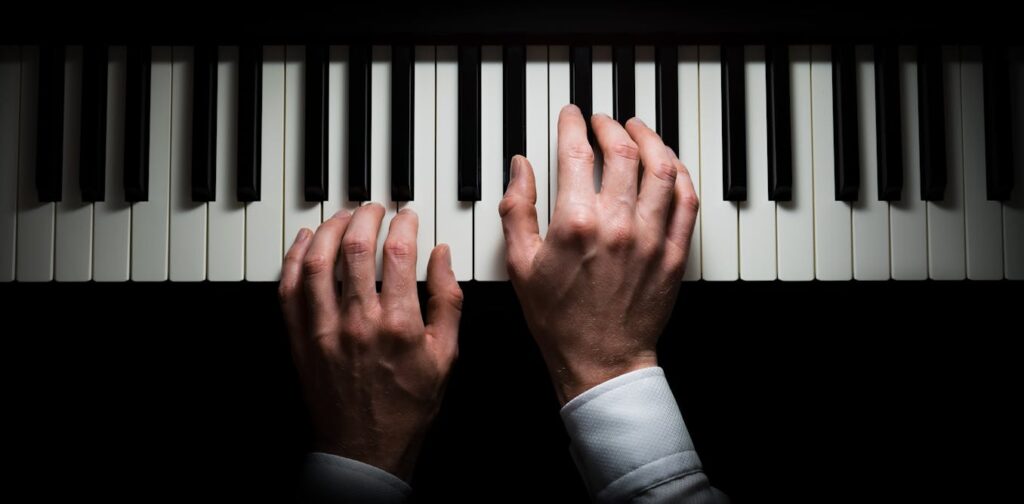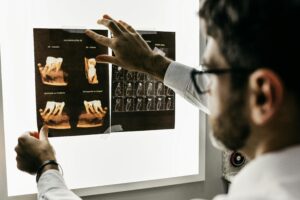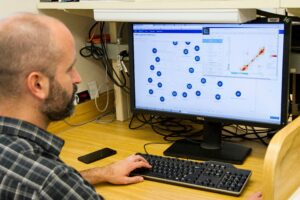
It is well known that learning to play an instrument offers benefits beyond just musical ability. Research shows it enhances fine motor skills, language acquisition, speech, and memory, and can even help keep our brains younger. However, a recent study has uncovered a fascinating new dimension to these benefits: musicians may experience pain differently from the rest of us.
After years of observing musicians persist in their training despite the pain caused by repetitive movements, researchers began to wonder if musical training could also alter the way musicians perceive pain. This question led to a groundbreaking study that has provided some intriguing insights.
Understanding Pain and the Brain
Scientists have long understood that pain activates several reactions in our bodies and brains, influencing our attention, thoughts, and behaviors. For instance, touching a hot pan triggers a reflex to pull your hand away, preventing serious injury. Pain typically reduces activity in the motor cortex, the brain area controlling muscles, to prevent overuse of an injured body part.
While pain serves as a protective mechanism in the short term, prolonged pain can lead to adverse effects. For example, avoiding movement due to a sprained ankle can reduce mobility and disrupt brain activity related to pain control, potentially increasing pain levels over time. Research has also shown that persistent pain can shrink the brain’s “body map,” which is crucial for muscle movement coordination, and this shrinkage is linked to increased pain.
Musicians and Pain Perception
The recent study aimed to determine if the brain changes induced by musical training could influence how musicians perceive and manage pain. Researchers induced hand pain in both musicians and non-musicians using a compound called nerve growth factor, which temporarily causes muscle ache without causing damage. Brain activity was then measured using transcranial magnetic stimulation (TMS), a technique that sends magnetic pulses into the brain to map how it controls the hand.
Hand maps were created before the pain injection, and then again two and eight days later, to observe any changes in brain function due to pain.
Striking Differences in Pain Response
The study revealed striking differences between musicians and non-musicians. Before inducing pain, musicians exhibited a more finely tuned hand map in the brain, with more hours of practice correlating with greater refinement. After the pain was induced, musicians reported experiencing less discomfort overall. While non-musicians’ brain maps shrank after just two days of pain, musicians’ maps remained unchanged. Remarkably, the more hours musicians had trained, the less pain they reported feeling.
“The musicians’ brains responded differently to pain, suggesting their training provided a buffer against the usual negative effects,” the study noted.
Though the study involved only 40 participants, the findings suggest that musical training may alter pain perception and brain response, offering a potential buffer against pain.
Implications for Pain Management
While music is not a cure for chronic pain, these findings highlight the potential of long-term training and experience in shaping pain perception. This could help explain why some individuals are more resilient to pain and inform the development of new treatments for chronic pain sufferers.
Researchers are now exploring whether musical training might also protect against altered attention and cognition during chronic pain. This could lead to innovative therapies that “retrain” the brain in individuals experiencing persistent pain.
For those involved in the study, the implications are profound. As one researcher noted, “The idea that what I learn and practice every day as a musician doesn’t just enhance my skills but can literally rewire my brain to change how I experience the world, even something as fundamental as pain, is incredibly exciting.”
The study opens new avenues for understanding pain resilience and developing therapies that leverage the brain’s plasticity. As research continues, the intersection of neuroscience and music promises to reveal more about the human capacity to adapt and thrive despite challenges.






